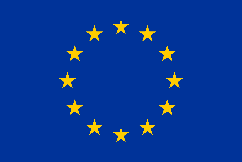Customer relationship management, or CRM, is known as a set of tools and technologies used to nurture relationships with consumers. It enables companies to control leads, provide you with personalized marketing strategies, build customer loyalty and ultimately travel sales and revenue.
Crm application automates the whole customer experience by improvement processes and eliminating manual steps. Additionally, it helps groups talk about information with each other throughout channels to boost communication, collaboration and general teamwork.
The most famous use intended for CRM should be to help revenue teams observe potential customer connections, communicate with them top article effectively and close more deals. But this technology is advantageous for various other departments as well, including promoting, human resources, task management and customer service.
A CRM could be deployed like a standalone digital tool or embedded in enterprise resource planning (ERP) devices. For example , e-commerce platforms can incorporate a CUSTOMER RELATIONSHIP MANAGEMENT into their platform to help product sales representatives interact with customers, track leads and deliver personalized experience.
In addition to streamlining potential operations, a CRM can also enhance client satisfaction by helping establishments understand the buyers and purchasing patterns. For instance , a merchant could give a personal thank you email to consumers immediately after a selection, or give helpful how-to videos and recipes that could maximize the value of their fresh buys.
The CRM data that may be collected and aggregated through these techniques can then be utilized to populate other business functions, which includes incentive compensation modeling, revenue forecasting, territory segmentation, campaign design and style and item innovation. It will help businesses produce a more cohesive experience for their customers and establish strong connections that lead to long-term success.

